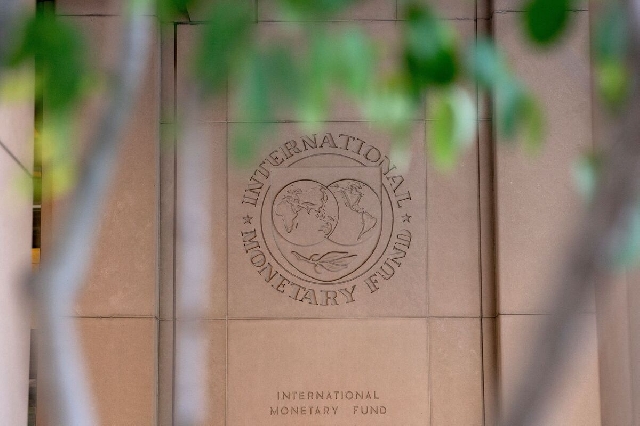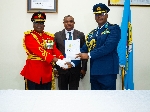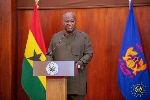Sri Lanka secures $3bn IMF bailout for struggling economy
 IMF
IMF
Sri Lanka has secured a $3bn (£2.4bn) bailout from the International Monetary Fund (IMF) as it faces its worst economic crisis since independence.
The deal has been nearly a year in the making and a lifeline for the country that has billions of dollars in loans.
Foreign minister Ali Sabry told the BBC the government will raise funds by restructuring state-owned enterprises and privatising the national airline.
However, analysts warned Sri Lanka still faces a tough road ahead.
The country's economy has been hit hard by the pandemic, rising energy prices, populist tax cuts and inflation of more than 50%.
A shortage of medicines, fuel and other essentials also helped to push the cost of living to record highs, triggering nationwide protests which overthrew the ruling government in 2022.
As a result the country defaulted on its debts with international lenders last May for the first time in its history.
"We have lived beyond our means. Whether we like it or not, these difficult measures which may be very unpopular need to be taken," Mr Sabry said in an interview before the funding was announced.
"Luckily, most [people] other than politically-motivated unions have understood that. I know they are not happy, but they also understand we have no choice," Mr Sabry added.
Earlier this year the country introduced income taxes for professionals, ranging from 12.5% to more than 36%.
It also raised other taxes to pay for critical purchases, including fuel and food.
This is in stark contrast from the big tax cuts former Sri Lanka president Gotabaya Rajapaksa introduced in 2019, which lost the government income of more than $1.4bn (£1.14bn) a year.
Andrew Wood, analyst at the S&P Global Ratings agency, said: "Sri Lanka still faces a long road toward consolidation of its government balance sheet, consistent economic growth, and external stability.
"We expect the economy to contract again in 2023, albeit at a more modest pace, before returning to growth in 2024."
Earlier this month, the IMF said Sri Lanka had secured financing assurances from all its major creditors, including China and India, which paved the way for the bailout.
Mr Sabry said it was "a little premature" to discuss if China - Sri Lanka's biggest bilateral lender - would consider writing-off some of the country's debts.
"We have the will to pay, but we don't have the capacity to pay. What we are now trying to do is get that capacity back," he said.
"That's going to be a very difficult and serious discussion."
The Sri Lankan government had initially hoped to agree a new payment plan with China and India by the end of 2022.
Beijing's lending to Sri Lanka stands at around $7bn (£5.71bn) while India is owed around $1bn (£820m).
Source: BBC
Trending News

“Why are these ladies still at post''? -Kelvin Taylor fumes
15:00
Ghana Armed Forces oversee seamless command transition at Kofi Annan Peacekeeping Centre
10:36
Domelevo questions GHC20,000 gift limit in new code of conduct for political appointees
10:42
Gov't inaugurates steering committee to boost private participation in power distribution
02:07
Vice President celebrates young children in special Mother’s Day breakfast session
11:48
Ghana Armed Forces receive armoured vehicles from U.S gov't to boost security operations
10:27
Mahama outlines 120-day social contract: What’s been achieved and what’s still pending
12:06
Asantehene reaffirms commitment to peace in conflict-hit Bawku
01:50
Vice President's office celebrates resilient young women at special Mother’s Day dinner for Kayayei
13:19
DVLA boss engages Minerals Commission on excavator tracking measures
10:10



